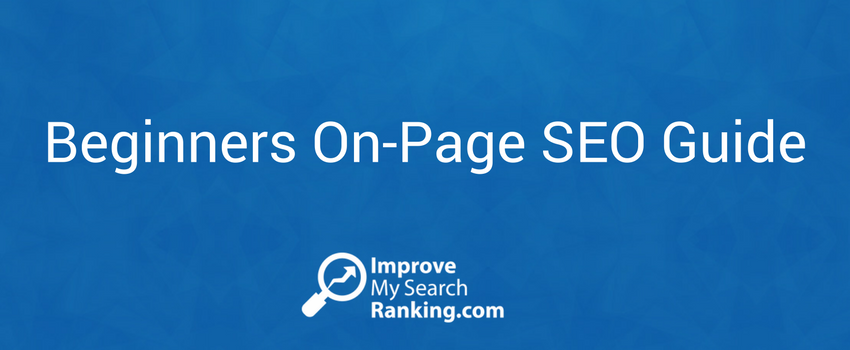
6 SEO audit tools (and how to use them)
Do you want to audit your local business website for SEO but aren’t sure which tools to use and how?
Here are 6 SEO audit tools you can use and some tips on how to use each of them.
1. SEMRush
SEMRush is one of the most popular tools among search engine optimisation professionals. It offers a full suite of features that SEOs need for an SEO audit, from keyword research to site audit to content optimization.
With SEMRush, you can:
- Do keyword research during SEO audits and find new opportunities.
- Analyze competitors to identify the keywords they target, the pages they drive traffic to, and their traffic-generation methods.
- Identify your top- and worst-performing web pages.
- Conduct a detailed site audit to identify on-page, off-page, and technical SEO issues on your website.
Alternative: You can also achieve similar results with SpyFu and ScreamingFrog. But we recommend SEMRush for its ease of use.
2. Ahrefs
Ahrefs is another very popular tool and is an excellent alternative to SEMRush.
Ahrefs and SEMRush share most of the features, albeit under different proprietary names, of course. Many SEOs prefer Ahrefs for off-page SEO as their backlink profile analyzer seems more robust and detailed than SEMRush.
If you don’t have a SEMRush subscription, you can easily use Ahrefs to achieve the same results. Ahrefs also offers a limited free trial that is usually enough to perform a site audit and identify the biggest issues on your website.
Alternative: Moz and Mangools are other similar software that you can use instead of Ahrefs.
3. Yoast SEO
Yoast SEO is a WordPress plugin that mainly helps you with on-page optimisation. With Yoast SEO, you can:
- Easily update keyword-rich meta titles and meta descriptions to your web page
- Add a focus keyword and see how well a page is optimised for that focus keyword
- Quickly identify missing alt text on a web page
- Define canonical URLs
- Create and manage temporary and permanent redirects
- Monitor keyword density on a web page
- Optimise on-page heading tags to make them more keyword rich
- Clean up permalinks
- Check the readability of the contents of your web page. Yoast SEO uses the famous Flesch-Kincaid readability test to analyse how easy to read your content is, assigns a score, and shares actionable tips on how to improve it.
During your SEO audit, you will need to take action to fix various on-page SEO issues. The Yoast SEO plugin can be extremely helpful in that case.
Alternative: All in One SEO is an excellent alternative to the Yoast SEO plugin.
4. Google Search Console
Google Search Console is arguably the most powerful tool when it comes to performing SEO audits.
With Google Search Console, you can do the following things during an SEO audit:
- Identify the pages that get the most organic traffic
- Identify the search queries that drive the most organic traffic to your pages
- Identify crawlability and indexing issues
- Identify issues related to core web vitals
- Identify issues with page experience and mobile usability
- Monitor any manual actions and penalties given by Google
- Check and submit a sitemap to Google
5. Google PageSpeed Insights
When you are performing an SEO audit, keep a close eye on how fast your website loads. You can check your website’s loading speed with Google PageSpeed Insights.
This free tool by Google not just tells you how fast your web page loads but it also generates a report that contains actionable insights for fixing issues that are slowing down your site.
In addition to website speed, you should also use Google PageSpeed Insights to see how well your website performs in terms of Core Web Vitals.
Alternatives: GTMetrix and Pingdom are two other popular tools that help you measure how your site performs. They use slightly different methods to measure a page’s performance, so we recommend using all three tools when performing an SEO audit to get the most comprehensive data.
6. SERP Snippet Optimization Tool
Some of the most common issues found during an SEO audit are meta titles and meta descriptions. While tools like SEMRush and Ahrefs will help you identify which pages have these issues — and whether you need to shorten or lengthen titles — they won’t help you write them.
For that, you need a tool that can help you visualize what a page’s meta title and description would look like.
For that, you can use a free tool like our Google Snippet Optimiser.
It’s important because, contrary to common belief, meta titles and meta descriptions do not have a word count limit; they have a pixel limit. So, even a 50-character meta title can be truncated by Google, while a 70-character meta title appears perfectly fine.
Conclusion
SEO audits can be overwhelming and complicated, but they can be made easier with the right tools.
Let us know if we missed any of your favorite SEO audit tools.
And if you need help with an SEO audit of your local business website, give us a call. We can help pinpoint what’s wrong with your website and any growth opportunities we find.








